How to Clean Black Residue off Cast Iron Skillet [Tips]
![How to Clean Black Residue off Cast Iron Skillet [Tips]](http://unocasa.com/cdn/shop/articles/Cast_Iron_Skillet_Care_720x.jpg?v=1591683950)
Do you clean your cast iron correctly? Take this quiz to find out and get FREE cast iron guide!
Cast iron skillets can last a lifetime if they're carefully cared for and maintained. With regular seasoning, cast iron cookware becomes non-stick and easy to cook with.
Over time though, larger deposits of black residue can build up and will need to be cleaned off. Burnt food, grease, or even rust deposits need to be taken care of too.
Caring for cast iron doesn't need to be a chore, so we decided to put together this handy guide to clean the black residue off your trusty cast iron skillet so you can give it the love it deserves! We've pulled our Uno Casa cast iron skillets back to new again a few times, and though they're a few years old now, they've only gotten better with time and proper care.
The question remains. Is black residue on cast iron bad? In short, the answer is no, but let's take a deeper look at it and get to know cast iron a little better.
What is the black coating on a cast iron skillet?
Take a cast iron skillet off a kitchen shelf, and you should find that the pan is black. Cast iron that's been taken care of by its owner will be regularly seasoned. This process leaves behind a jet black coating that not only stops a pan from rusting but creates a non-stick surface that's easy to cook on.
Seasoning is a natural process and requires oil to be heated in the pan. The oil reacts with the iron, creating a visible black layer. You can build a seasoning yourself from scratch, but it's much easier to buy a preseasoned skillet set, like mine from Uno Casa.
Seasoning occurs when you cook in the pan with oil after you have cleaned it. You can add this layer of seasoning by heating your oven, adding a layer of oil to the cast iron, and leaving it to bake for an hour.
If cast iron isn't seasoned, it's going to have a shinier, silver color, which should be easy to spot. Red-brown flakes are signs of rust which form due to a lack of seasoning, while food or grease that's burnt onto the pan will also need attention.
Is black residue on cast iron skillet harmful?
The black residue on a cast iron skillet isn't harmful; it's just a part of cooking with a cast iron pan. A black seasoned coating shouldn't rub off easily or affect the food, as it should form a useful non-stick surface for cooking.
If residue starts to build up, however, this can affect your cooking. This build-up usually happens if the food has started to burn and burnt food or greases have started to build up in the bottom of the pan. It's not harmful, but it will give your food more of a charred taste when you're frying and could cause it to stick (some people love the extra layer of flavor, though).
You'll notice more use = more potential residue. Along with proper care, it can be nice to invest in a cast iron skillet set, like Uno Casa's, so you can switch between the two easily and have a back-up as needed until you get time to clean your pan.
If there's lots of residue building up and it's starting to affect your cooking, then it's time to give your cast iron a good clean and a good seasoning!
How do I get the black residue or burnt on grease off my cast iron skillet?
Black residues are most likely going to be burnt food, and it's an easy fix to get rid of this excess layer that formed over the seasoning, without actually removing the useful seasoning below it!
One of the simplest ways to remove the residue is by using salt. Yes, that's right, salt. Take an oily paper towel (it's best to use the same type of oil you season the pan with) and use it to rub salt over the bottom of the pan. The salt acts as a sort of natural scourer, and it will leave your base layer of seasoning intact.
You need to be quite vigorous with the salt, to scour away all the excess residue that might be on the pan, so keep going until you can't see anymore burnt food coming off on the paper towel or until you're simply too tired to carry on!
Some cast iron skillet sets even come complete with specially designed cast iron scrapers for cleaning. Scrappers can make your work much easier when it comes to taking care of your pans. They require significantly less effort and can make a huge difference quickly.
My Uno Casa skillet set came with flat silicone scrapers that can help remove the grime without removing your seasoning. You should avoid using any metal scrubbers for regular maintenance, which are too harsh for the pan to handle.
Don't use any soap or detergent; just take your cast iron skillets, pour a few inches of hot water into the bottom, and then attack the burnt-on food and grease with scrapers like the ones by Uno Casa. You should quickly see the excess residue falling off, but if you want to be super-clean, you can scour the pan using the salting method we outlined above.
How to remove rust from cast iron?
Another problem that cast iron cooks can encounter with their cookware is rusting. Removing rust from your skillets is important because rust can really affect the taste of your food, and not in a good way!
Iron, water, and air don't go too well together, and if your layer of seasoning starts to disintegrate or if it hasn't been seasoned well in the first place, rust can begin to appear in the cracks.
With a rusty skillet, you need to scrub the pan thoroughly while holding it under hot water. You need to scour the rust flakes off physically.
Because you're attempting to stop any further rust deposits forming, you need to make sure that you dry the cast iron after you've scoured it in water. If you've left any wet spots on the pan, they can attract more rust quickly. Rust will appear again on unseasoned areas of the iron, so it's also very important to re-season the skillet as soon as you've dried it.
How to care for cast iron skillet?
As you might have realized throughout this article, it's essential to properly care for your cast iron skillets if you want to get the most out of them in your kitchen!
As well as removing excess residues, such as burnt food or grease, you can avoid the build-up of rust by properly seasoning your pans on a regular basis.
Once you've thoroughly cleaned your cast iron, using scrapers or salt to remove excess residue, you'll need to season it for next time. Likewise, once you've solved your rust problem, you'll definitely want to season your skillets to stop any more rust forming in the future!
Seasoning your cast iron
- Rub a thin layer of vegetable oil onto the surface of the pan once it's been cleaned.
- Preheat your oven to 375°F,
- Once the oven reaches the desired temperature, place the pan face down, on the top shelf.
- Leave your cast iron pan baking for an hour, longer if you want to, then turn off your oven.
- Let the pan cool down naturally as the oven does, and once it's safe, store it away in your usual spot in the kitchen.
The seasoning process is the most important part of caring for cast iron, and you should aim to do it regularly. Try to season your cast iron before you cook, and after every deep clean, especially if the pan has been lying around in the cupboard for a while! Here is how to season cast iron properly. Storage matters - we always wipe down our Uno Casa set after use, and we’ve never had any issues with rust.
Cleaning black residue from your cast iron skillets doesn't need to be complicated. You can bookmark our handy guide for later use, to keep your cast iron cookware clean, seasoned, and in top shape for all your cooking needs
2 Responses
Barb Wetzel
Made hamburger noodle casserole .it have a very bad taste to the point could not eat .What did I do wrong The pan had been treated was not new .please help me .thank you
Leave a comment
Comments will be approved before showing up.
Also in Tips
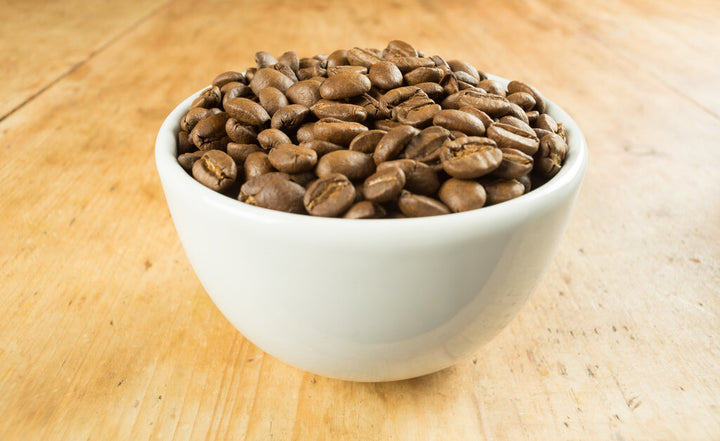

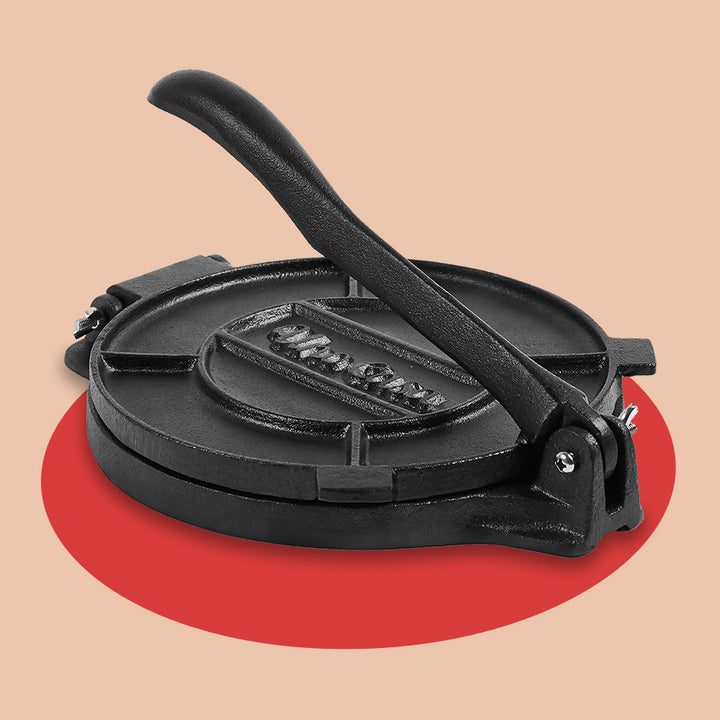
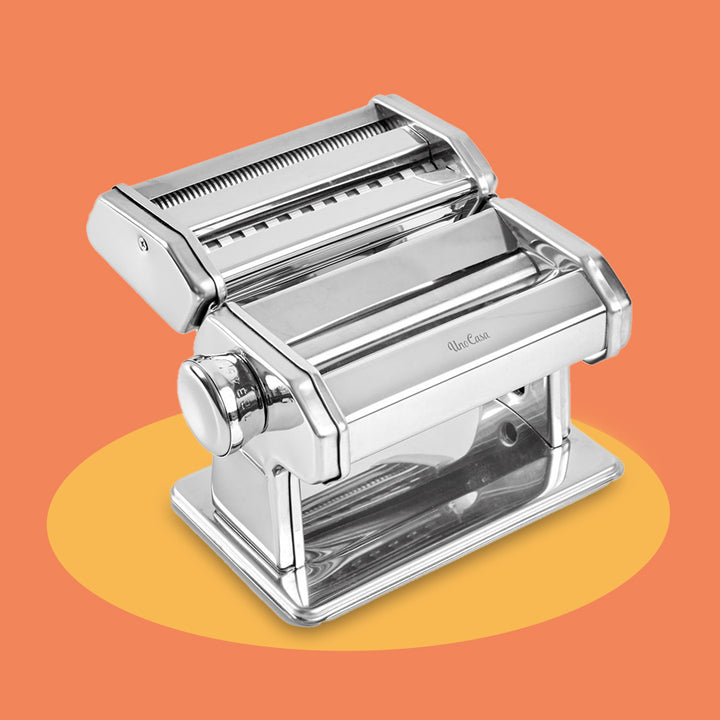
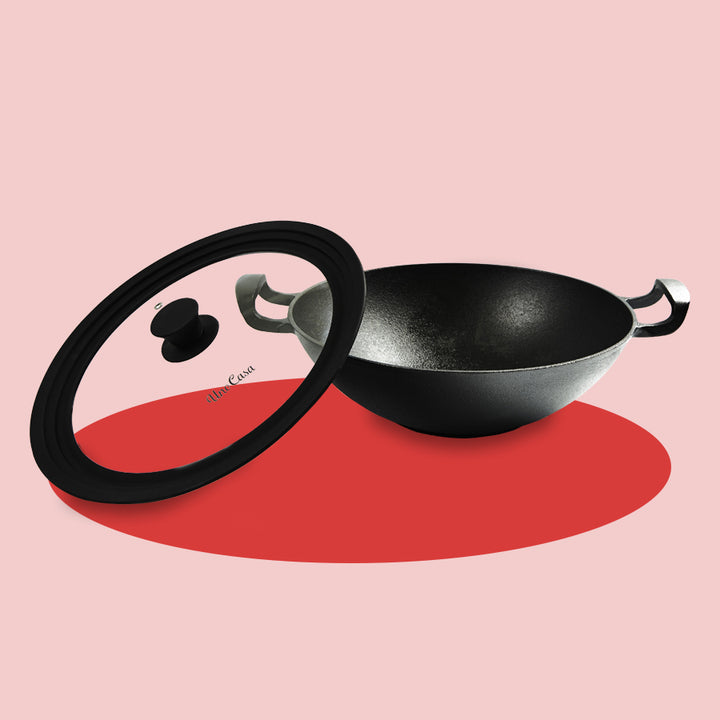
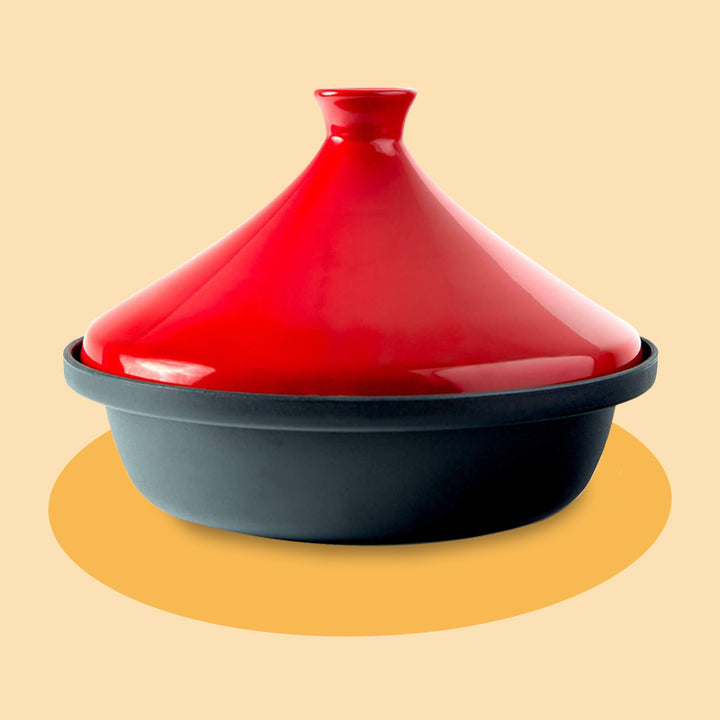
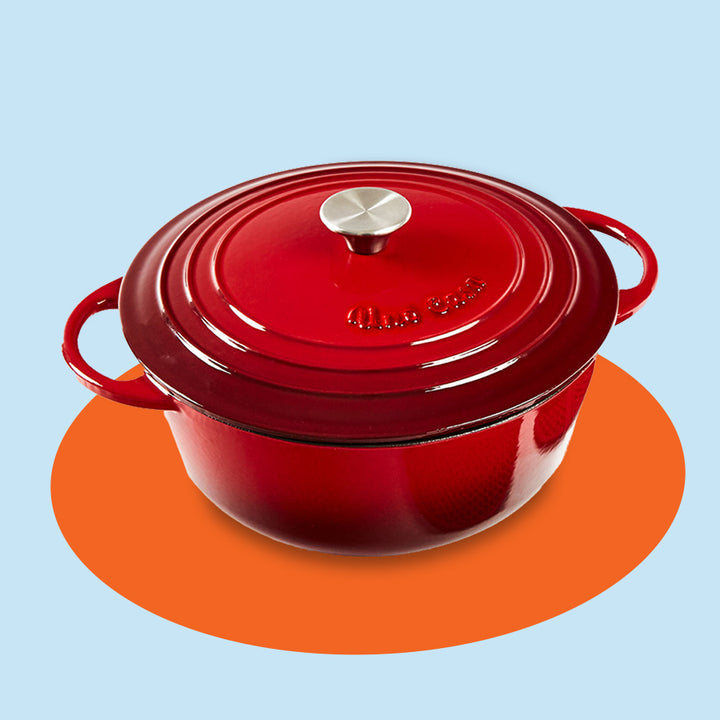
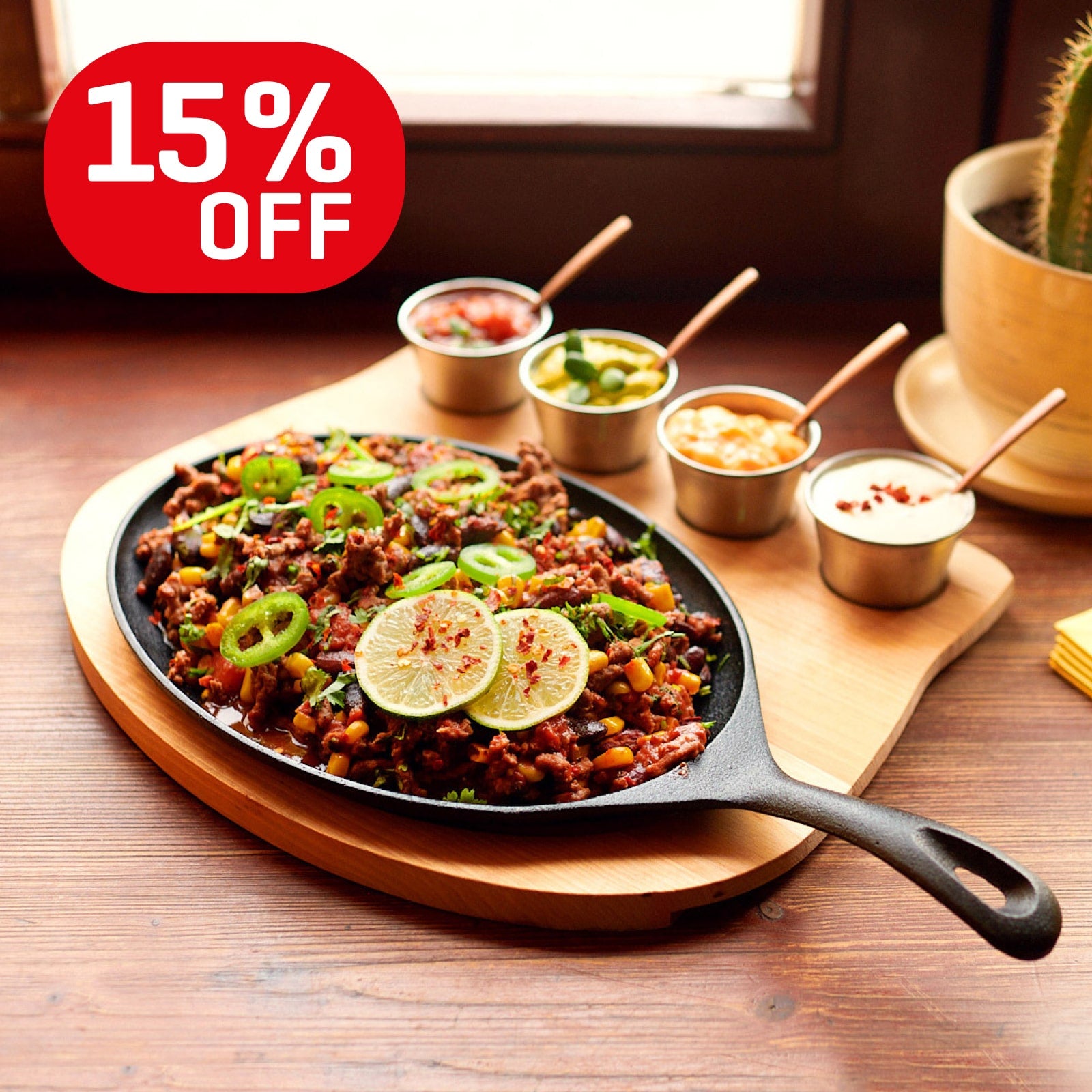
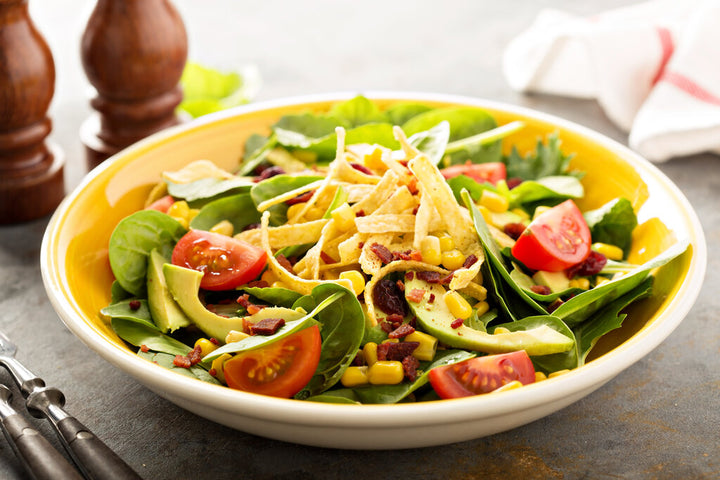
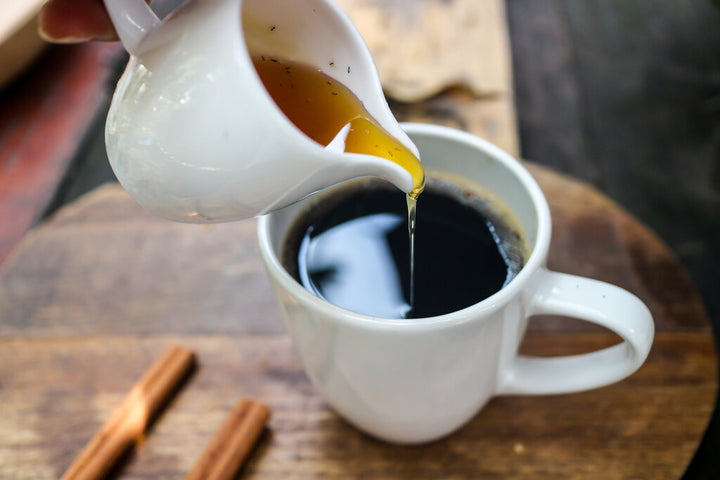
Jeanette Mitchell
July 21, 2021
I was looking forward to eating scrambled eggs for supper tonight. I ended throwing them in the disposal. The taste was terrible, and a brownish residue was incorporated into the eggs. Very disappointed, I wanted to find out what I was doing wrong. Being a senior citizen and growing up with them, I thought I knew how to fix the problem, until I read your site. Thank you for your articial, it is going to be used tonight!!! Thank you,
Jeanette Mitchell
SD resident